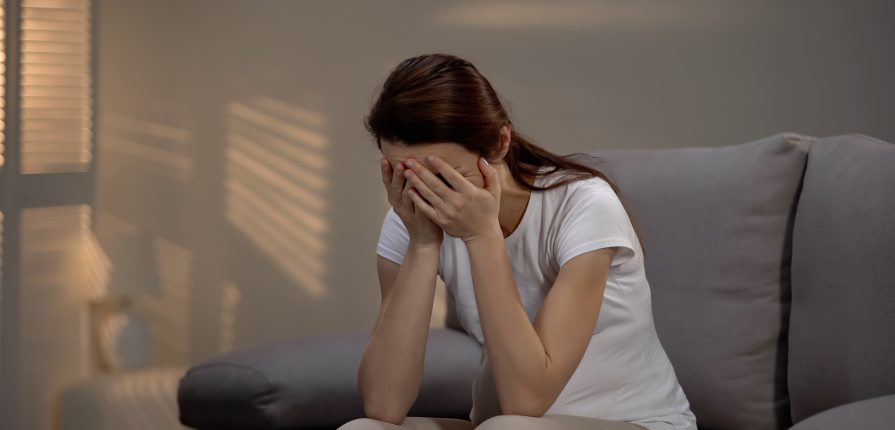NEW ARTICLE: Jenny Krutzinna explores the dilemma between protecting children and safeguarding mothering opportunities for care-experienced mothers.
Research into child maltreatment met by state intervention in the form of child protection or child welfare services shows that a large proportion of parents have a childhood history with the child protection services themselves.
– While the importance of protecting children requires little explanation and forms the justificatory basis for child protection interventions, it is important to remember that care-experienced mothers were once children entrusted to the state’s care. Arguably, they have been failed by the state in that their parenting opportunities are significantly reduced, says Jenny Krutzinna.
Obligation to increase the efforts
Krutzinna is the author of a new article published in the Journal of Diversity and Gender Studies on the topic of care-leaver mothers. It addresses the underexplored dilemma between protecting children and safeguarding mothering opportunities for care-experienced mothers.
– I argue that the state has an obligation to increase its compensatory efforts to secure the right of care-experienced women to not only become parents, but to be able to be parents, with the aim of breaking the cycle of care experience.
Path towards solidarity
Krutzinna suggests a twofold path towards solidarity with current and future care-experienced mothers.
First, the welfare state ought to treat mothers whose children are removed from their care like other groups that experience grief and loss, for example by providing psychosocial support.
Second, the state should begin to conceptualise children in care as future parents, and address deficits in familial relationship building, attachment and other relevant aspects.
The full article is available Open Access via the link below.
PHOTO: Colourbox
Krutzinna (2021). Breaking the cycle: Solidarity with care-leaver mothers. DiGeSt – Journal of Diversity and Gender Studies.

